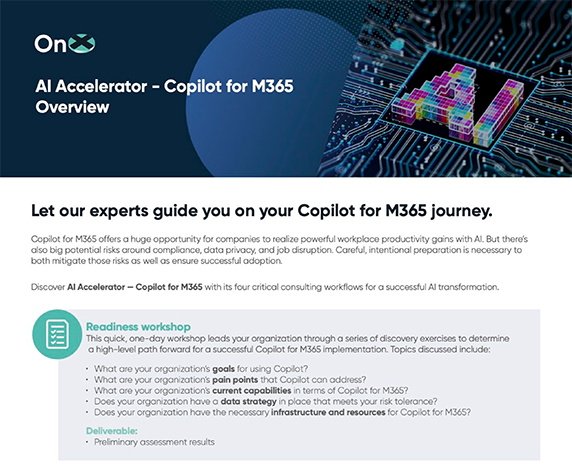
My sons love new toys. Every Christmas, I have to buy them all the hot, new toys on the market. To prepare for all of these new toys, we have established a ritual at home around the Thanksgiving holiday when I ask them to identify the toys they do not like anymore so that we can either donate or recycle them. Every year without exception, their lists are super short! When questioned why they aren’t ready to let go of toys they haven’t played with for years, they always try to justify reasons to keep them, just in case they will want to play with them again.
I find myself wishing there was a way to keep these older toys around without having piles of them everywhere. Would my sons be willing to move them out of the way if they knew they could access them again, someday? Would I care so much about getting rid of them if I didn’t have to look at them all of the time? Would they be willing to share them if they knew they weren’t gone forever?I think business users often have a similar attachment to their data.
Numerous times I have been a part of customer meetings having long and stressful discussions around storage space and the related costs just because users find creative reasons to keep their data forever, just in case they need to access it at some point. At times I think it stems from the nightmares of legacy infrastructure where users had to wait weeks and months to get old data from tapes located offsite.
Regardless of the reasons for rationalizing the behavior, storage costs skyrocket when users don’t think about or discuss true access requirements, which in turn over-stretches a typically limited infrastructure budget, placing an increased burden on IT.
Today’s infrastructure has come a long way from the legacy days. Today, users can access old data when they want without storing everything on a common platform. Often a conversation around business priorities and requirements can lead to more realistic infrastructure requirements, which can lead to significant cost savings, without impacting the users need for data.
More than 95% of analytics are built to meet the requirement for about 97% users that use data for operational and tactical purposes. They do not need data that has no relevance around the current timeframe of operations. Companies often store data in expensive platforms for special use cases like legal requirements to satisfy the needs of less than 3% of the users in less than 5% of the situations. This extensive data volume not only increases infrastructure costs but leads to performance challenges.
Big data platforms, like Hadoop, provide an excellent and inexpensive platform to store data built on an inexpensive infrastructure to support analytics for the majority of users. Tools are available to move data between these platforms to help users access data when needed rather than wait for an extended period of time.
It may be worthwhile to engage a knowledgeable business partner who understands modern infrastructure options. A partner experienced in assisting companies in classifying and migrating their data to this more efficient storage model. OnX has proven reference architectures for Hadoop clusters that can be used for this purpose of offloading rarely needed data to lower cost efficient storage. We have been assisting customers across all industries to make use of Hadoop clusters as a cost saving, performance enhancement to their storage infrastructure.
By: Kajal Mukhopadhyaya, Principal Solutions Architect
















